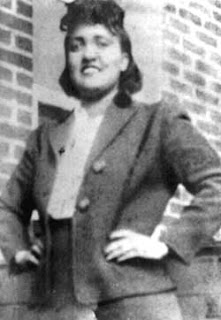 |
| photo © 2009 craig Cloutier | |
However, today I experienced an additional discomfort. The technician had on a radio station playing music that I found to be the equivalent of nails scratching on a blackboard. I do not mean to offend those who like this music, but the first song to which I was subjected was Queen's "Ooo, you make me live" which is ironic when you are getting a diagnostic medical test. The second song I did not recognize other than that it sounded like the Who. Again, not my favorite sound to be forced to hear. But, I have experienced worse. For example, at my orthopedic surgeon's office in the waiting room, they play techno music. Luckily I have learned to bring my iPod to drown it out when I have to wait the customary hour for my appointment. And, I recall that I was subjected to loud but sanitized hip hop music when I was in recovery in a surgery center a few years back after a colonoscopy.
 |
| photo © 2011 Ted |
I asked the technician today if she chose the music or it was piped in by the medical practice. She got defensive (apparently my voice, like my face, does not play very good poker). She explained that it was her choice and her radio and many of her patients had commented how much they appreciated and liked the music. Of course, almost all of the people who get a carotid artery ultrasound are 50 and older so the Who and Queen are the sounds of their/our adolescence. No wonder most of them like it. Me, I would prefer silence. Or classical music, like my dentist plays when I am trapped in his chair at his office. But I suppose my classical music is another person's Queen or elevator music or Pretenders.
If I were Queen of the World, I would turn off the soundtracks of our lives. Do we really need aural stimulation all the time? With apologies to George C. Wolfe, bring DOWN da music, bring DOWN da funk.


